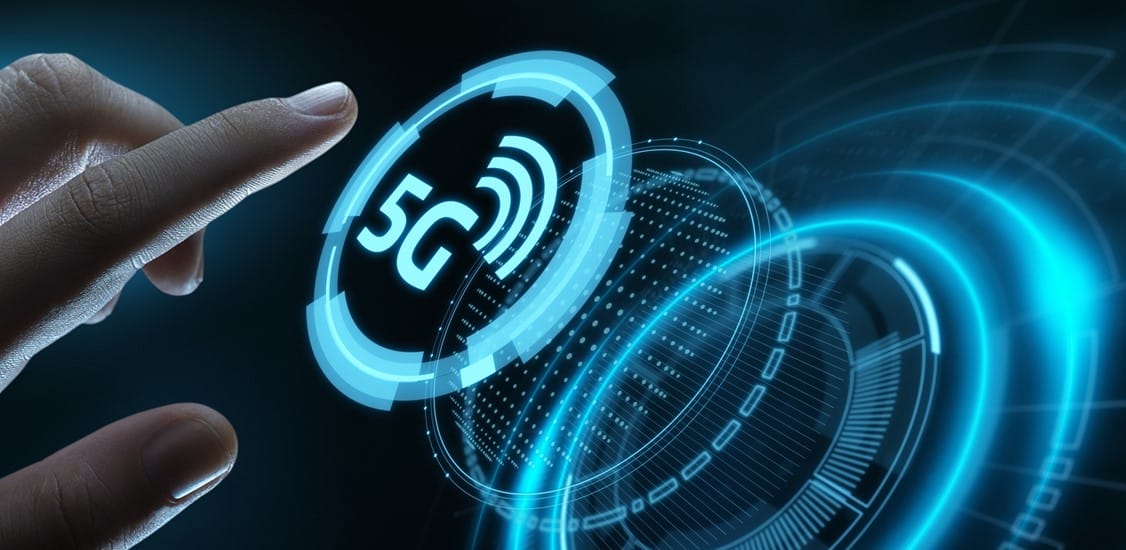Pulse of Information
Your source for the latest insights and updates.
5G Unleashed: The Future of Connectivity Awaits
Discover how 5G will revolutionize our digital world. Dive into the future of connectivity and unlock endless possibilities!
How 5G Technology Is Revolutionizing Communication
5G technology is changing the way we communicate by providing unprecedented speed and connectivity. Unlike its predecessor, 4G, which could offer download speeds of around 100 Mbps, 5G raises the bar significantly, enabling speeds up to 10 Gbps. This dramatic increase in speed not only enhances our daily activities, such as streaming and downloading, but also opens the door to innovative applications that were previously unimaginable. From smart cities to autonomous vehicles, the implications of 5G technology are vast and transformative.
The impact of 5G technology extends beyond just faster internet speeds; it is also about reducing latency and connecting more devices simultaneously. With a latency of just 1 millisecond, real-time communication becomes a reality, which is crucial for applications like virtual reality and augmented reality. Furthermore, the ability to connect up to a million devices per square kilometer paves the way for the Internet of Things (IoT) to flourish. As a result, businesses and communities are embracing 5G technology, revolutionizing communication and creating a more interconnected world.

The Benefits of 5G: What You Need to Know
5G technology represents a significant leap forward in mobile communication, offering enhanced speed and connectivity that can transform various industries. With download speeds up to 100 times faster than 4G, users can experience seamless streaming, quick downloads, and more responsive applications. This increased capacity and lower latency open up a world of possibilities for smart city applications, autonomous vehicles, and the Internet of Things (IoT), effectively connecting millions of devices simultaneously and revolutionizing how we interact with technology.
Beyond just speed, the deployment of 5G networks promises to bring important societal benefits. Enhanced mobile broadband will improve telecommuting, remote education, and healthcare access, allowing individuals to connect and communicate more effectively, regardless of their location. Additionally, as more businesses adopt 5G capabilities, we can expect significant advancements in areas like augmented reality (AR) and virtual reality (VR), paving the way for immersive experiences in entertainment, training, and tourism that were previously unimaginable.
Is 5G Safe? Debunking Common Myths and Concerns
The rollout of 5G technology has sparked widespread debate regarding its safety. Many people are concerned about potential health risks associated with increased exposure to electromagnetic fields. However, numerous scientific studies and health organizations, including the World Health Organization (WHO), have stated that 5G is safe when it adheres to established safety guidelines. These guidelines are designed to ensure that the radiofrequency energy, even at higher frequencies used by 5G, remains below levels that could cause harm.
Among the common myths regarding 5G safety is the belief that it causes severe health problems, such as cancer or neurological disorders. In fact, peer-reviewed research has consistently shown that there is no conclusive evidence linking 5G technology to any significant health risks. It's important to rely on credible sources of information and to remain aware that misinformation can spread easily. In conclusion, while ongoing research will continue to monitor and evaluate the effects of 5G, current evidence supports the view that this technology operates safely within regulatory limits.